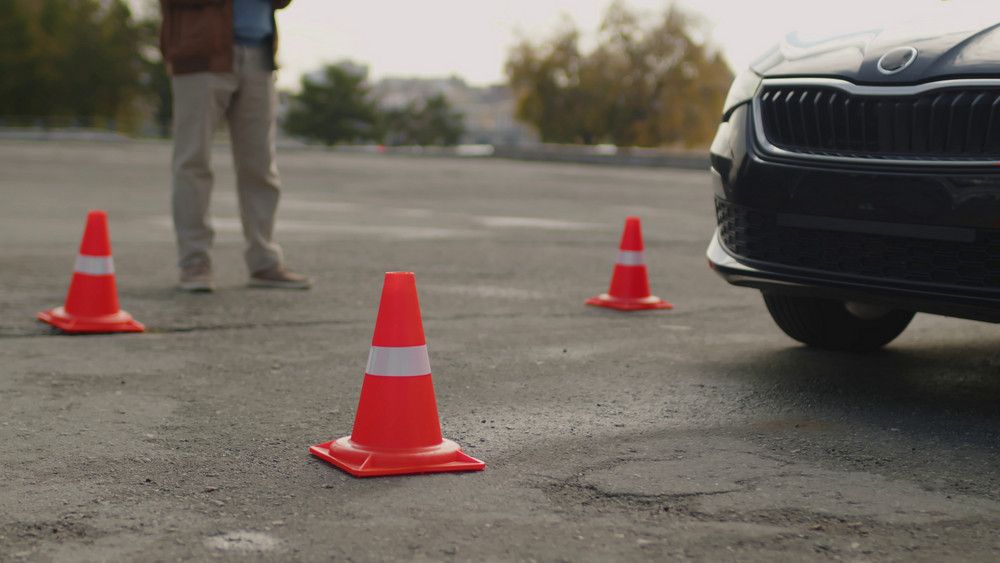Mediation and Child Custody: A Kinder Path Through Family Law
When custody disputes arise, the family law process can often deepen emotional wounds—especially for children. Traditional courtroom battles can pit parents against each other, increase stress, and damage long-term family relationships. Thankfully, there’s a healthier alternative: mediation. This collaborative approach not only helps resolve custody issues more efficiently but also prioritizes the emotional well-being of the children caught in the middle.
A Child-Centered Approach to Custody
Mediation in custody cases shifts the focus away from winning and losing and instead emphasizes the best interests of the child. With the guidance of a neutral third party, parents are encouraged to communicate openly and work together to create a parenting plan that suits their family’s unique needs. This approach allows both voices to be heard and reduces the adversarial mindset that often accompanies litigation. The goal is not to "defeat" the other parent, but to reach a solution that fosters stability and emotional safety for the child.
Reducing the Emotional Toll on Families
Courtroom conflict in family law cases can take a serious psychological toll—especially on children, who may feel caught in the crossfire. Mediation provides a calmer, more respectful environment where parents can focus on building a cooperative co-parenting relationship. When children see their parents communicating respectfully, it models healthy behavior and reduces anxiety. Mediation can also move faster than litigation, shortening the period of uncertainty and helping children adjust to changes more smoothly.
Faster, More Flexible Resolutions
Mediation is not only gentler, it’s also more efficient. According to Legal Jobs, about 90% of custody agreements are settled outside of court, with mediation playing a significant role in that statistic. Because mediation is typically less formal and more flexible than courtroom proceedings, families can often reach agreements quickly and at lower cost. This efficiency allows parents to focus on their children, rather than getting lost in legal battles that may drag on for months or even years.
Mediation empowers parents to take control of custody decisions in a way that supports—not disrupts—their child’s well-being. By fostering collaboration and keeping conflict to a minimum, mediation creates a more positive foundation for future co-parenting. While not every case is suited for mediation, families who choose this path often find it less painful, more respectful, and ultimately better for their children.
If you're navigating a custody dispute, The Law Office of Arthur J. White III, P.C. can help you explore mediation as a compassionate and effective family law solution. Contact us today to learn how we can support a smoother path forward for you and your children.
Share Post:
Leave Your Comment
search Article
Recent Posts





